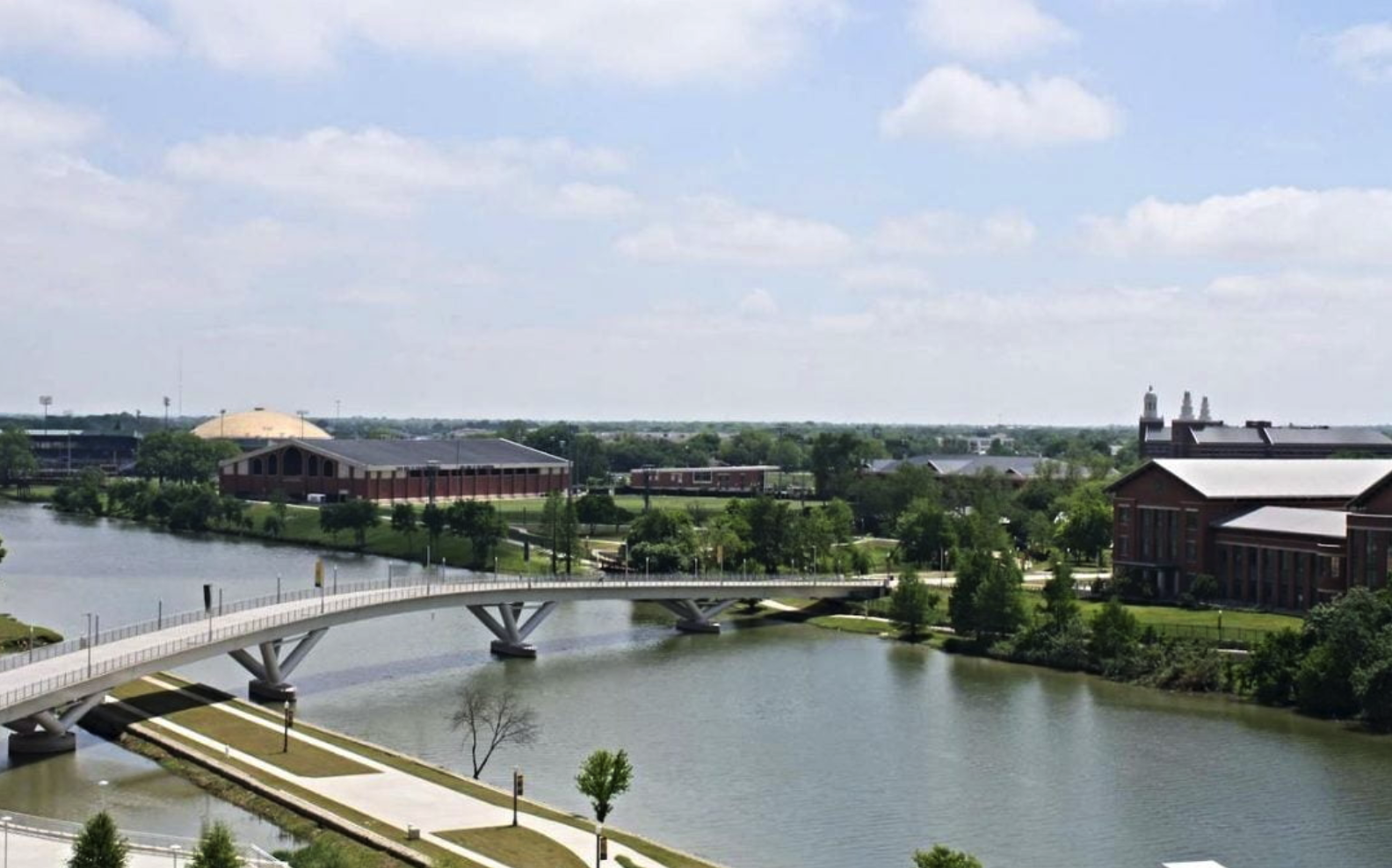Fears of the Faithful Hinder Care, Bring Harm

Why it is so hard for some people of faith to own their own discomfort? To own their own fears and see how they injure others?
These are salient questions when it comes to creating caring Christian community for the LGBTQIA+ community. It is an even more relevant question for the leadership of my own university.
In the Bible, there are multiple references to people being known by their fruit and people’s actions being judged by their consequences.
Jesus’ fruit analogy seems to be one of the most useful lenses through which we can examine our words and actions. And it should help us provide clarity for any conversation about how we offer support to the LGBTQIA+ community.
People who are members of the LGBTQIA+ community do not harm or injure others in any way because of their sexual orientation or gender identity.
I challenge you to come up with any evidence that someone who is transgender, for example, injures someone who is cisgender by nature of their gender identity. It does not happen.
Are some people uncomfortable around sexual minorities? The answer is unfortunately yes.
But the discomfort that people feel around sexual minorities is often about their own fear and lack of knowing someone who is in that community. It is in no way a function of actually being injured or harmed by someone.
This type of fear is really no different than people who are xenophobic and afraid of people with a different skin color or racial features than their own. It is no different than the white man in the 1960s who did not want to dine at the same counter as someone who was Black.
It is not founded in any substance but is simply a fear of the unknown or unfamiliar. And, if unchecked, this fear leads people down the road of hate.
Notice the naming and talking about fear. Sadly, this is an artifact of some Christian communities where fear of difference continues unchecked.
Why might this be so? At the deepest psychological level, our fears trigger the “scapegoat” mechanism we see played out throughout the Bible.
It is easier to focus on some group, to “blame” them for our own fear and difficulty in loving them than it is to take a long look in the mirror, address our fears and weaknesses, and remove them.
Sadly, when we do not address our own discomfort and fear, we easily overlook our propensity to scapegoat, and we unwittingly wound those to whom we should be offering care.
This is done through actions and words which are non-supportive, non-inclusive and, at their worst, bigoted and hateful.
Christian communities that claim to follow the teachings of Jesus should, therefore, be examining their actions and policies primarily by the nature of the fruit they bear.
The fact that Baylor University has not chartered Gamma Alpha Upsilon, the student organization for the LGBTQIA+ students, is a sad testament to the fact that we have not confronted our own fears and discomforts about including and welcoming a significant group of students who are trying to flourish on our campus.
Our students do not experience our care or community. They feel unimportant, isolated, excluded and unwelcome. They are reminded of their pain and trauma and the toxic words they have heard on repeat their entire lives. And the only fruit this response bears is poisonous.
Baylor is trying to walk a line that cannot actually be walked with regard to inclusion of multiple perspectives on whether LGBTQIA+ minorities should be fully welcomed on campus.
In a recent article in the student newspaper, The Baylor Lariat, the university provost called for civil dialogue when discussing people who are transgender.
To me, she seems to suggest that people who are fearful of transgender people have a right to publicly share those fears even when it causes harm to our students (for example, “I don’t want my children to be around people who are trans”).
Her statement says nothing explicit about including transgender or other queer voices on campus. The voices of fear are encouraged and the very voices that have experienced the hatred, fear and isolation remain absent and overlooked.
When we push our fear of inclusion into the public realm by allowing free speech against LGBTQIA+ students, and do not see, support or encourage queer voices, we fail to achieve our goal of a safe and loving, caring and compassionate community.
If we encourage fear of transgender people and perpetuate fear that inhibits the pride and confidence of LGBTQIA+ voices, then we fail to produce fruit that matters.
At some point, Baylor will have to decide if it truly wants to offer a caring Christian community. Either the institution will be unequivocally supportive of LGBTQIA+ students or it will continue to marginalize them.
Choosing the latter will mean we continue to push our fears and discomforts onto people who are different in hurtful and damaging ways. Supporting a perspective that embraces fear will never yield loving fruit.
In 2021, Baylor is at the same place with LGBTQIA+ students as the university was in the 1960s with regard to Black students.
In the 1960s, colleges and universities no longer tolerated bigoted views with impunity.
It was no longer okay for someone to say they were uncomfortable around Black people, that Black students should not have their own organization or that they were scared to be alone with someone who is Black because they might be “violent.”
I trust Baylor will do what is right and take the actions of love that will finally yield good fruit.
Supporting LGBTQIA+ students is right, just and loving. Now is the time for Baylor to clearly demonstrate what a caring Christian community truly means.
This story first was published by Good Faith Media.